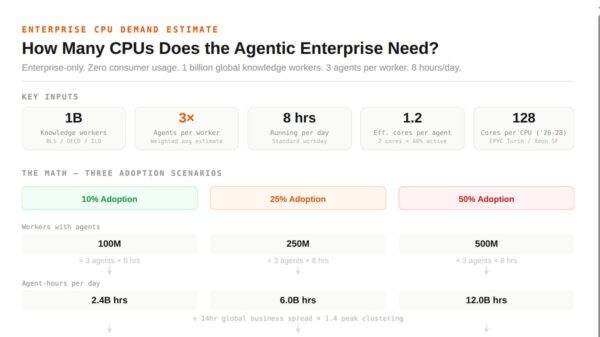In a significant move within the rapidly evolving AI landscape, Foxconn, the world’s largest contract electronics manufacturer, has announced a partnership with OpenAI to co-design and engineer data center racks, components, and other essential AI hardware. This collaboration aims to capitalize on the surging global demand for AI infrastructure, a sector that is increasingly drawing attention from major technology players.
According to Foxconn’s announcement made on November 21, 2025, this initial agreement does not entail any purchase commitments or financial obligations. However, it does provide OpenAI with early access to evaluate the newly developed systems and an option to purchase them. This flexibility may prove critical as both companies prepare to meet the specific computing needs of the growing AI space.
The partnership grants Foxconn valuable insights into the requirements of large AI firms, enabling them to tailor their product offerings to better support next-generation large language models (LLMs). Recently, Foxconn predicted a surge in AI-driven demand by 2026, bolstered by a global investment boom in data centers. This forecast aligns with broader industry trends as organizations seek to enhance their computing capabilities to handle advanced AI workloads.
For OpenAI, this collaboration marks a strategic expansion into hardware development. Following a previous partnership with Broadcom to create custom chips, OpenAI CEO Sam Altman has outlined ambitious plans to invest $1.4 trillion in building 30 gigawatts of compute capacity. Altman describes this capacity as “enough to power roughly 25 million U.S. homes,” emphasizing the scale at which OpenAI is planning to operate.
“This partnership is a step toward ensuring the core technologies of the AI era are built here,” Altman stated. “We believe this work will strengthen U.S. leadership and help ensure the benefits of AI are widely shared.”
Foxconn’s role in this partnership includes manufacturing various data center components—such as cables, power systems, and networking equipment—within its U.S. facilities. This decision not only strengthens domestic supply chains but also helps avoid potential tariffs, particularly those imposed during the Trump administration. The collaboration between Foxconn and OpenAI is emblematic of a growing trend where technology companies are emphasizing local manufacturing to mitigate geopolitical risks.
In addition to its partnership with OpenAI, Foxconn has also announced a joint venture with Alphabet’s Intrinsic to implement general-purpose robotics and automation across its factories. This initiative will encompass various applications, including assembly, inspection, machine tending, and logistics, indicating Foxconn’s commitment to advancing automation in manufacturing processes.
As the AI market continues to expand, strategic partnerships like the one between Foxconn and OpenAI are likely to play a pivotal role in shaping the future of AI infrastructure. The collaboration not only highlights the increasing interdependence of hardware and AI software but also reflects a broader trend in the tech industry where companies are moving to build integrated solutions that can drive efficiency and performance. For industry stakeholders, this partnership serves as a noteworthy development to watch as it unfolds.
See also Meta Partners with Sify to Develop 500 MW AI Data Centre in Visakhapatnam
Meta Partners with Sify to Develop 500 MW AI Data Centre in Visakhapatnam MIT Report Reveals Agentic AI’s Promise: Autonomous Systems Reshape Future Workflows
MIT Report Reveals Agentic AI’s Promise: Autonomous Systems Reshape Future Workflows Nvidia Partners with Foxconn to Integrate AI into Manufacturing Processes
Nvidia Partners with Foxconn to Integrate AI into Manufacturing Processes Clifford Chance Announces 10% Job Cuts Amid AI Integration in London Services Team
Clifford Chance Announces 10% Job Cuts Amid AI Integration in London Services Team New Book “Governing the Machine” Reveals AI Governance Gaps for Business Leaders
New Book “Governing the Machine” Reveals AI Governance Gaps for Business Leaders




























































